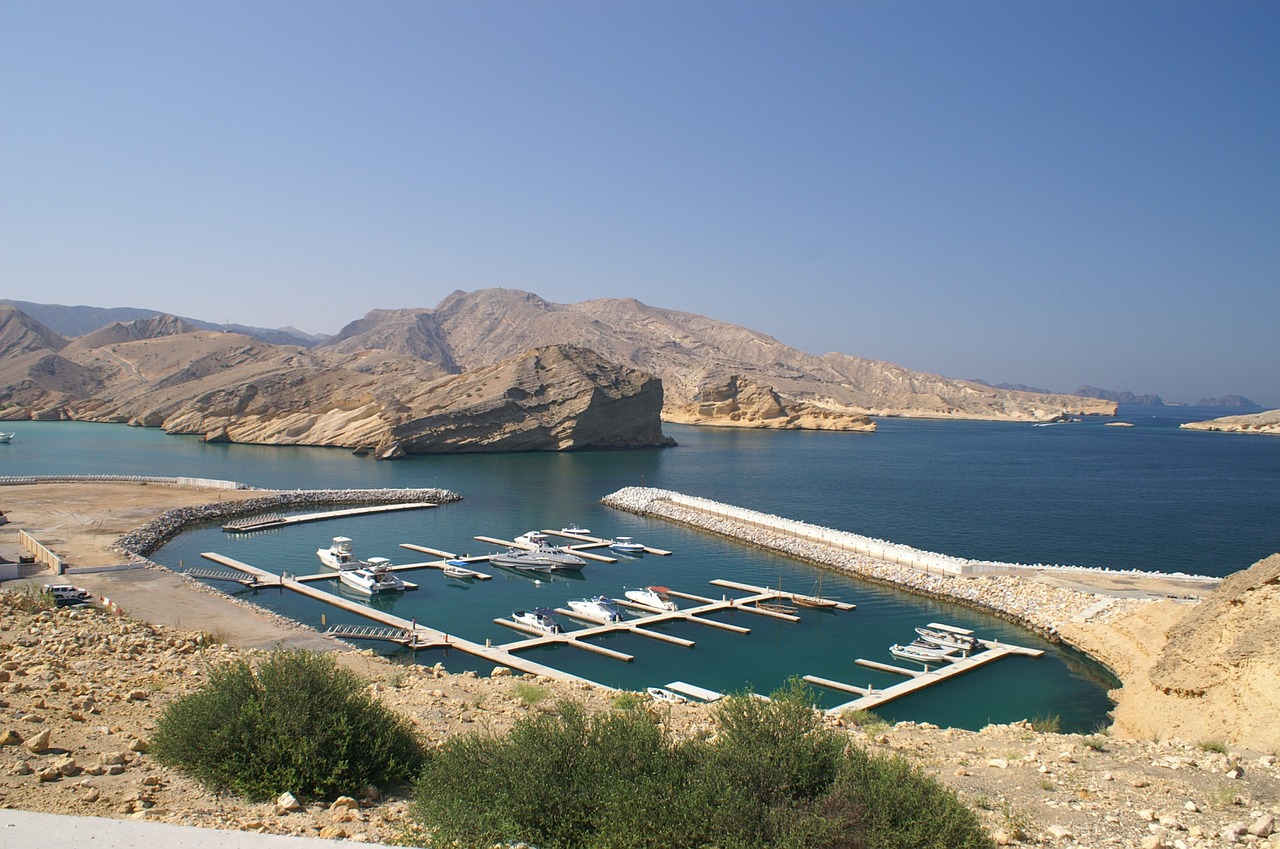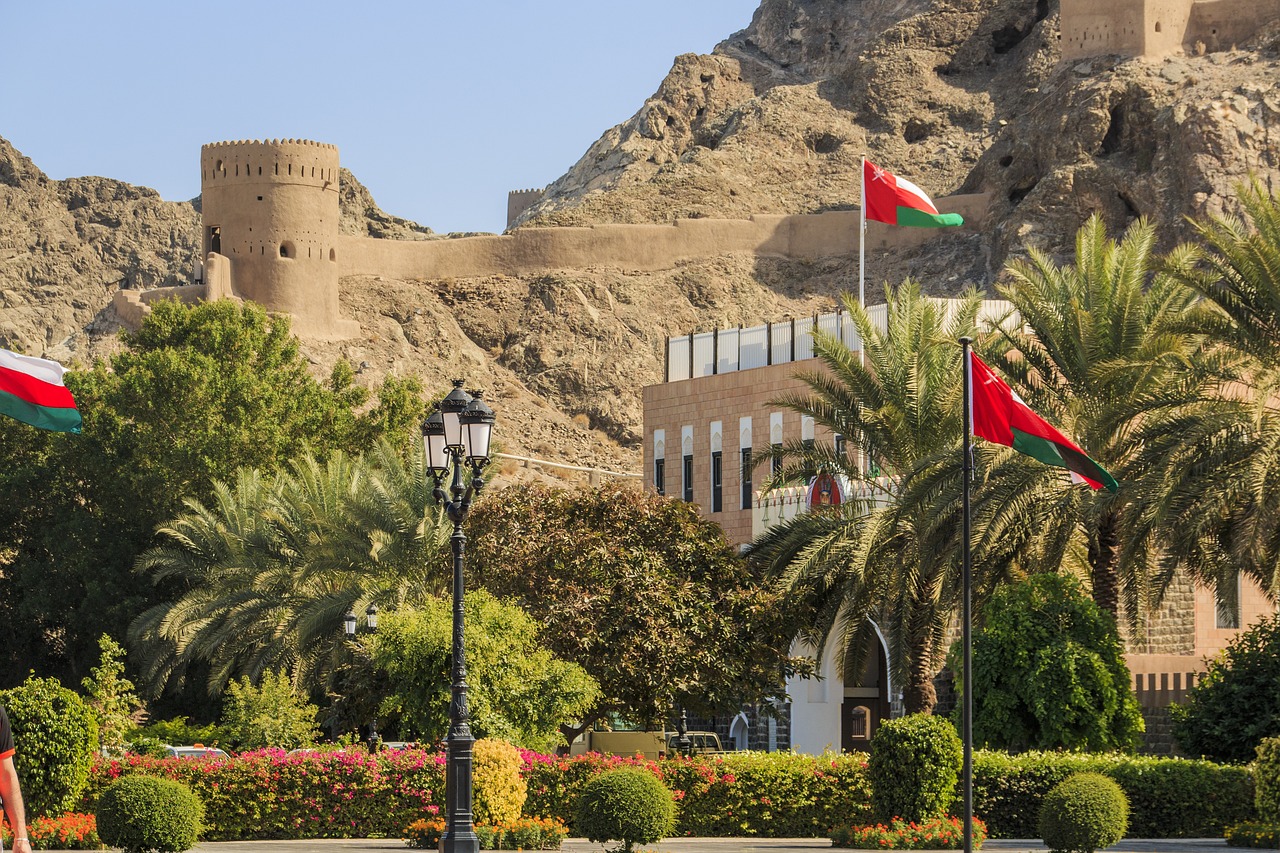Oman Video
Introduction
Managing finances and payments while working in Oman is an essential aspect of living and working in the country. Whether you are a resident or an expatriate, having a clear understanding of the financial landscape, payment methods, and banking options is crucial for a smooth financial experience. In this article, we will explore various aspects of managing finances and payments in Oman, including banking services, payment methods, taxation, and tips for financial planning.
Banking Services in Oman
- Commercial Banks: Oman has a well-established banking sector, with numerous commercial banks offering a wide range of services to individuals and businesses. Some of the prominent banks in Oman include Bank Muscat, National Bank of Oman, and Bank Dhofar.
- Islamic Banking: In addition to conventional banking, Oman also has a significant presence of Islamic banking institutions. Islamic banks operate based on Sharia principles, which prohibit the charging or paying of interest. Some of the prominent Islamic banks in Oman include Bank Nizwa and Alizz Islamic Bank.
- International Banks: Several international banks have a presence in Oman, providing services to expatriates and multinational companies. These banks offer services such as foreign currency accounts, international remittances, and specialized expatriate banking services.
Commercial banks in Oman provide services such as personal and business accounts, loans, credit cards, and investment opportunities. They also offer online banking facilities, making it convenient for customers to manage their finances remotely.
Islamic banking services in Oman cater to individuals who prefer banking in compliance with Islamic principles. These banks offer Sharia-compliant accounts, financing options, and investment opportunities.
International banks in Oman ensure that expatriates have access to convenient banking services, enabling them to manage their finances effectively while working in the country.
Payment Methods in Oman
- Cash: Cash is widely accepted in Oman, and it is recommended to carry some local currency for small transactions or places that may not accept cards. ATMs are readily available throughout the country for cash withdrawals.
- Debit and Credit Cards: Debit and credit cards are widely accepted in Oman, particularly in major establishments such as hotels, restaurants, and retail stores. Visa and Mastercard are the most commonly accepted card networks in the country.
- Mobile Payment Apps: Mobile payment apps such as OmanNet and OAB Pay are gaining popularity in Oman. These apps allow users to make payments using their smartphones, eliminating the need for physical cards or cash.
- Online Banking: Most banks in Oman offer online banking services, allowing customers to manage their accounts, pay bills, transfer funds, and conduct other financial transactions through secure internet platforms.
While cash is still commonly used, the use of digital payment methods is increasing in Oman, especially in urban areas.
It is advisable to inform your bank about your travel plans to Oman to ensure that your cards are not blocked for suspicious activity. Additionally, it is essential to keep an eye on your card statements for any unauthorized transactions.
Mobile payment apps provide convenience and security, and they are widely accepted in various establishments, including restaurants, supermarkets, and taxi services.
Online banking provides convenience and flexibility, enabling individuals to access their accounts and make payments from anywhere with an internet connection.
Taxation in Oman
- Income Tax: Oman does not impose personal income tax on individuals. This makes it an attractive destination for expatriates seeking tax advantages. However, it is essential to consult with a tax advisor to understand the tax regulations of your home country.
- Value Added Tax (VAT): Oman introduced a 5% VAT on goods and services in April 2021. Certain essential goods and services may be exempted from VAT, but it is crucial to be aware of the applicable rates and regulations.
- Customs Duties: Oman imposes customs duties on imported goods. The rates vary depending on the type of goods and their origin. It is advisable to familiarize yourself with the customs regulations and duties before importing goods into Oman.
While there is no personal income tax, businesses in Oman are subject to corporate income tax.
Individuals and businesses need to factor in VAT when budgeting and planning their expenses in Oman.
Customs duties can have an impact on the overall cost of imported goods, and individuals or businesses should consider these costs when making purchasing decisions.
Financial Planning Tips
- Create a Budget: Establish a budget to track your income and expenses. This will help you prioritize your spending, save money, and avoid overspending.
- Save for Emergencies: Set aside a portion of your income for emergencies. Having an emergency fund can provide financial security and peace of mind.
- Invest Wisely: Consider investing your savings to generate additional income and grow your wealth. Consult with a financial advisor to explore investment options suitable for your financial goals and risk tolerance.
- Monitor Your Credit: Keep track of your credit score and credit history. A good credit score is essential for obtaining loans or credit facilities in the future.
Allocate funds for essential expenses, savings, and discretionary spending. Regularly review your budget and make adjustments as needed.
Start by saving a small amount regularly and gradually increase your savings over time.
Diversify your investments and regularly review your portfolio to ensure it aligns with your objectives.
Pay your bills on time, avoid excessive debt, and regularly review your credit report for any errors or discrepancies.
Oman Image 1:

Financial Planning for Expatriates
- Understand Your Employment Contract: Familiarize yourself with the terms and conditions of your employment contract, including compensation, benefits, and any allowances provided by your employer.
- Exchange Rate Considerations: If you are receiving your salary in a currency different from the Omani Rial (OMR), be mindful of exchange rate fluctuations. Monitor exchange rates and consider using reputable currency exchange services to minimize costs.
- Remittances: If you need to send money to your home country, explore the available remittance options. Compare exchange rates, fees, and transfer times to find the most cost-effective and convenient method.
Ensure that you fully understand your salary structure, including the breakdown of basic salary, allowances, and any deductions.
Factor in exchange rate differences when budgeting and planning your expenses.
Consider using licensed money transfer operators or online remittance platforms for secure and efficient money transfers.
Oman Image 2:

Retirement Planning in Oman
- Explore Pension Options: If you plan to retire in Oman, familiarize yourself with the pension system and retirement plans available in the country. Consult with financial advisors or pension experts to understand the eligibility criteria, contribution requirements, and payout options.
- Social Security Agreements: Oman has entered into social security agreements with several countries to ensure that individuals who have worked in both Oman and their home country can receive their entitled benefits. If applicable, understand the provisions of the social security agreement between Oman and your home country.
Consider enrolling in a pension scheme to secure your financial future.
These agreements may allow for the aggregation of social security contributions and the coordination of benefits.
Oman Image 3:

Conclusion
Managing finances and payments while working in Oman requires a comprehensive understanding of the banking services, payment methods, taxation, and financial planning options available in the country. By familiarizing yourself with the financial landscape and implementing effective financial management strategies, you can ensure a smooth and secure financial experience in Oman.
References
– Bank Muscat: www.bankmuscat.com
– National Bank of Oman: www.nbo.om
– Bank Dhofar: www.bankdhofar.com
– Bank Nizwa: www.banknizwa.om
– Alizz Islamic Bank: www.alizzislamic.com
– OmanNet: www.omanet.om
– OAB Pay: www.oabpay.om


